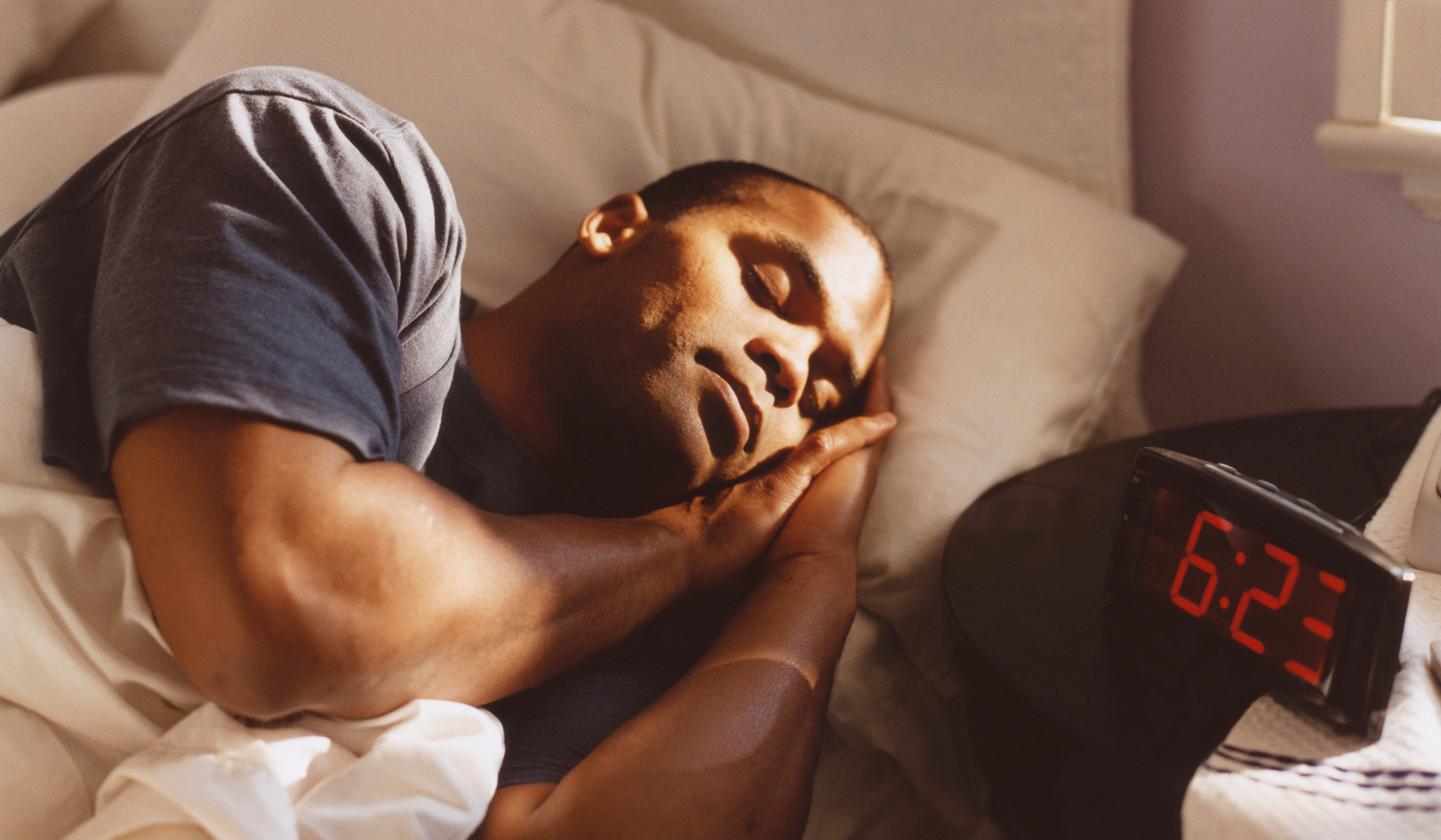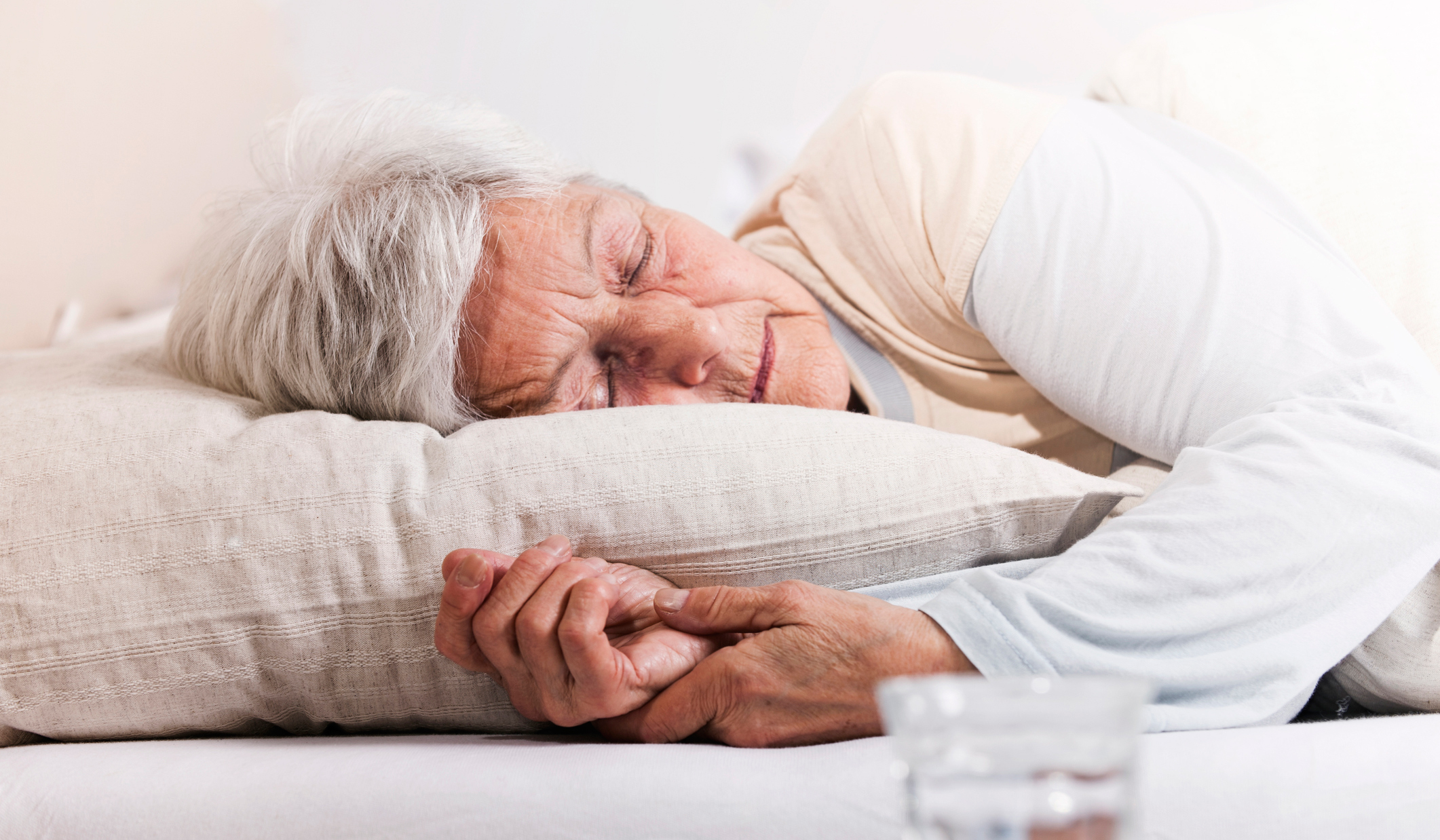Why getting a good night's sleep is essential for heart health and weight loss
Getting a good night's sleep will improve your cardiovascular health and fight obesity


Start your week with achievable workout ideas, health tips and wellbeing advice in your inbox.
You are now subscribed
Your newsletter sign-up was successful
Sleep is important, but we don't know why. There's lots of different theories why we need to spend around one-third of our lives unconscious, but no real confirmation why. What is being discovered all the time, however, are new benefits which come from improving the quality of our sleep (something we can all now measure with one of the best fitness trackers).
For example, one study, published last year by researchers from Columbia University, have found those of us who sleep well are generally less likely to become obese. Not only that, but a good night's sleep is associated with better cardiovascular health. Unfortunately, according to the same study, published by the American Heart Association, only about four in 10 people report consistently getting a good night's sleep.
Nour Makarem, lead author of the study, said: "Sleep, like diet and physical activity, is a health behavior we engage in every day. Increasingly, it is linked to not only the risk of heart disease but also to the risk factors that lead to cardiovascular disease.
"Despite this importance, unlike diet and exercise, sleep has received less attention and is not currently included in guidelines for cardiovascular disease prevention or as a measure of cardiovascular health."

The study argues for sleep to be taught as one of the basic building blocks of cardiovascular health. Healthy eating, regular exercise, cholesterol and controlling your blood sugar are all really well-known ways to maintain good heart health, but Makarem suggests adding better sleep to that list.
"It's time, based on the evidence over the past decade, to revisit things. As we update the goals and guidelines for cardiovascular disease prevention, I think it's important to revisit these metrics and to expand them to also include sleep."
There are a few things you can do to get better sleep. One common way to try and combat regularly broken sleep is to enforce a sleep schedule. You go to sleep at the same time every night, and wake up at the same time every morning. One study correlated an irregular bedtime structure with increased sleeping problems in students, upending their circadian rhythms. Gong to bed at 11pm and waking up at 7am every night for a month should result in an improvement in sleep.
Start your week with achievable workout ideas, health tips and wellbeing advice in your inbox.
Other sleep aids include trying weighted blankets, one of our best mattress toppers, or using lavender scented oils with one of our best diffuser for essential oils.
Matt Evans is an experienced health and fitness journalist and is currently Fitness and Wellbeing Editor at TechRadar, covering all things exercise and nutrition on Fit&Well's tech-focused sister site. Matt originally discovered exercise through martial arts: he holds a black belt in Karate and remains a keen runner, gym-goer, and infrequent yogi. His top fitness tip? Stretch.
